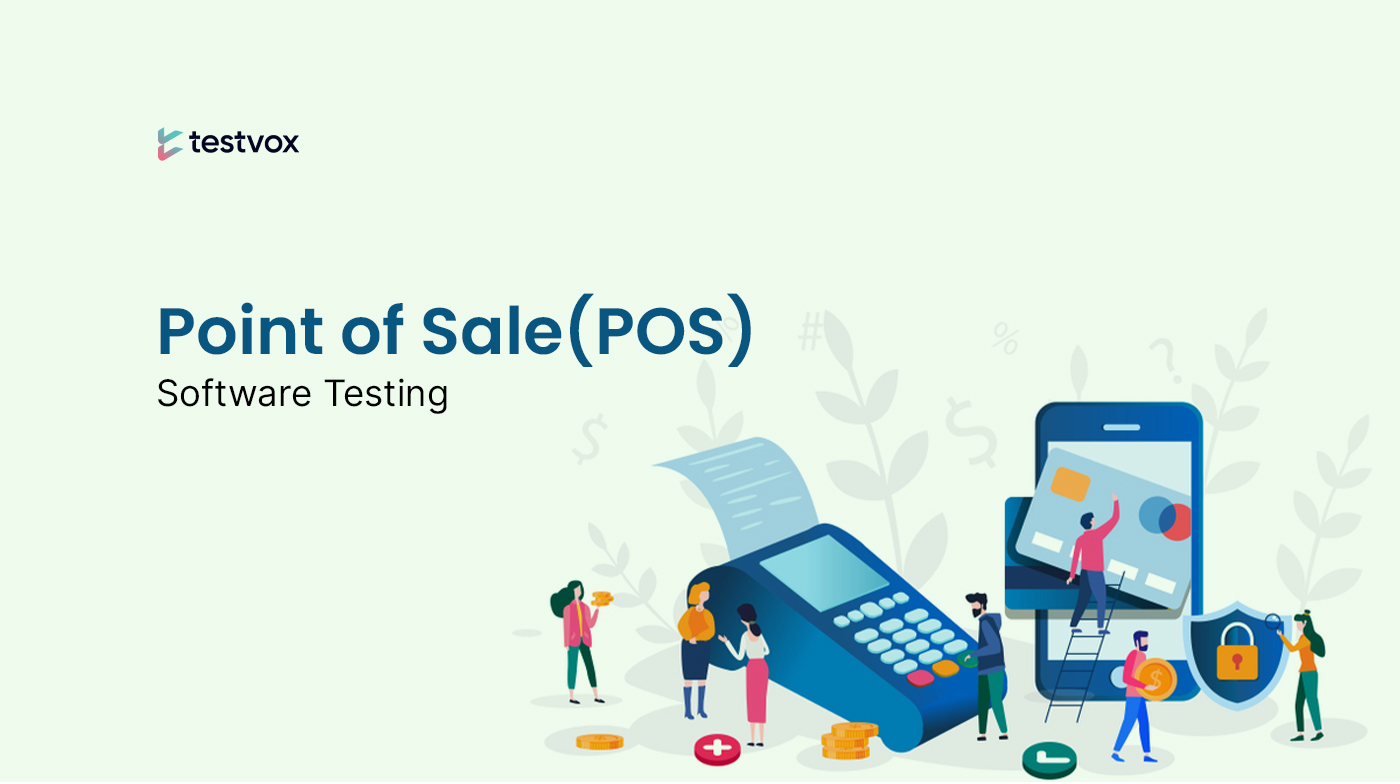
Point of sale (POS) Software Testing
1. Inventory Transaction Testing
Inventory transaction testing in a Point of Sale (POS) system is critical to ensuring accurate stock level tracking and seamless inventory updates with each sale or return. QA engineers must validate that every transaction—whether it’s a sale, refund, manual stock adjustment, or transfer between store locations—accurately reflects in the inventory management module. The testing process should include positive scenarios like successful sales updates and returns, as well as negative scenarios such as invalid SKU entries, over-selling beyond available stock, or duplicate entries. Focus areas include real-time inventory sync, accurate stock deduction and addition 🔄,rollback mechanisms on failed transactions, low-stock alerts, and batch or lot number tracking if applicable. It’s also important to verify that inventory reports reconcile correctly with transaction logs, and that edge cases like simultaneous multi-register transactions or offline sales sync properly once reconnected. Any discrepancies in inventory data can lead to revenue loss, misinformed restocking decisions, or customer dissatisfaction, so high precision and comprehensive test coverage are essential.
2. Sales Transactions Testing 🛒
Sales transaction testing in POS software ensures that every sale—regardless of complexity—is captured accurately, processed securely, and reflected consistently across integrated modules like payments, inventory, and reporting. QA engineers must validate that item-level details (SKUs, quantities, prices), applied discounts (manual, automated, promotional), and tax computations are processed and displayed correctly during each transaction. Key focus areas include verifying error-free payment processing across multiple modes (cash, card, wallet, split payments), real-time updates to inventory, correct handling of voids and refunds 💰
, and transaction rollbacks in case of failures. Functional testing should also cover edge cases such as simultaneous checkouts, high-value transactions, offline billing scenarios, and multi-currency support if applicable. Precision in tax calculation based on product category and region, adherence to business rules (e.g., discount eligibility), and generation of accurate digital and printed receipts are essential. Additionally, QA teams should ensure that sales data is correctly logged for analytics and reporting purposes, and that reports reflect the exact financials without delay or duplication. Reliable sales transaction functionality directly impacts financial accuracy, operational efficiency, and customer trust.
3. Customer Management Testing👤
Customer management in POS software plays a vital role in enhancing personalized service and maintaining long-term customer relationships. QA engineers must thoroughly test the creation, modification, and deletion of customer accounts to ensure that personal details—such as name, contact information, purchase history, and preferences—are accurately captured, securely stored, and properly encrypted. Functional testing should validate the seamless operation of loyalty programs 🎁, including point accumulation, redemption logic, tier upgrades, and expiry rules. Edge cases such as duplicate entries, invalid data formats, or syncing issues with CRM systems must also be accounted for. Integration with marketing modules, such as email or SMS campaigns, should be verified for proper segmentation and targeting. Test scenarios must include both positive and negative cases to ensure data consistency, privacy compliance (e.g., GDPR), and reliable system behavior across all customer-related features. Additionally, testing should cover the real-time application of customer-specific discounts or offers at checkout, ensuring they reflect accurately in the transaction and reporting modules. A robust and error-free customer management module directly contributes to enhanced user experience and loyalty retention.
👉 A skilled QA team plays a major role in this. Check out how to build a high-performing testing team.
4. Report Testing
Report testing in POS software is critical to ensure that all business-critical data is accurately captured, processed, and presented across various reporting modules. Functional testing must validate the generation, accuracy, completeness, and real-time updates of key reports, including transaction summaries, daily sales, inventory status, customer activity, and financial audits. QA engineers should verify that audit-ready records maintain data integrity across timeframes and filters—such as date range, cashier ID, payment mode, or product category—without any mismatch or missing entries. Special attention should be given to transaction reports to ensure every sale, return, or void is properly recorded with timestamps, tax details, and payment status. Stock management reports must reflect live inventory data post-transactions, stock adjustments, or transfers. For business analysis, reports like best-selling items, peak sales hours, and customer retention insights should be validated against the actual transaction database. Finance audit reports must accurately capture revenue, tax breakdowns, discounts, and payment reconciliations across cash and electronic modes. QA teams should also test report export features (PDF, Excel), accessibility roles, and ensure no performance lags when generating large data sets. Accurate and reliable reporting enables data-driven decision-making and regulatory compliance.
6. Role-Based & Hardware-Specific POS Testing
As businesses scale across multiple verticals and regions, POS software must support a wide range of configurations, roles, and hardware environments. Functional testing in the context of business expansion involves ensuring that the software adapts seamlessly to diverse business models—such as retail, restaurants, self-service kiosks, and mobile POS—without compromising performance or functionality. QA engineers must validate that each POS type (e.g., mobile POS for on-the-go sales, retail POS for high-volume checkout, self-service kiosks for customer independence, and restaurant POS for table management and kitchen integration) operates flawlessly with role-based access control, transaction accuracy, and business-specific workflows. Testing should also include configuration for new business units, tax rules, user hierarchies (e.g., cashier, manager, admin), and location-specific inventory. Hardware integration is equally crucial—ensuring the POS software interacts correctly with barcode scanners, receipt printers, cash drawers, card readers, and touchscreen devices. Scalability testing must simulate real-world scenarios across multiple branches and user sessions to ensure centralized reporting and synchronized data management. Ensuring stability and flexibility in this phase helps organizations scale operations smoothly and serve a broader customer base with confidence.
👉 Want to know how testing impacts your bottom line? Read our breakdown of the ROI of software testing.





